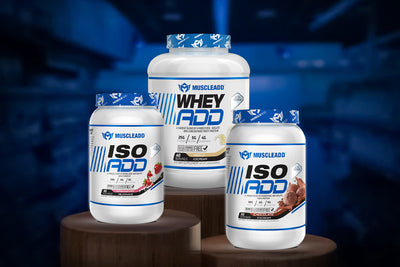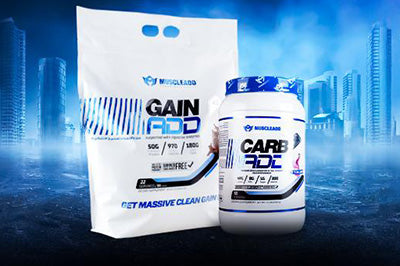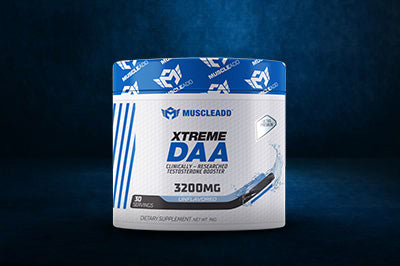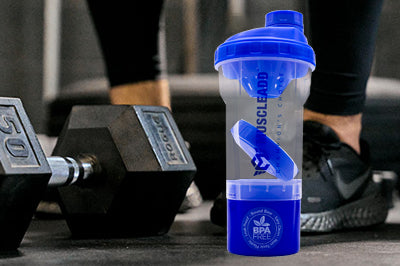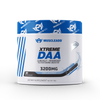Plant-Based Protein Powders: A Comprehensive Guide
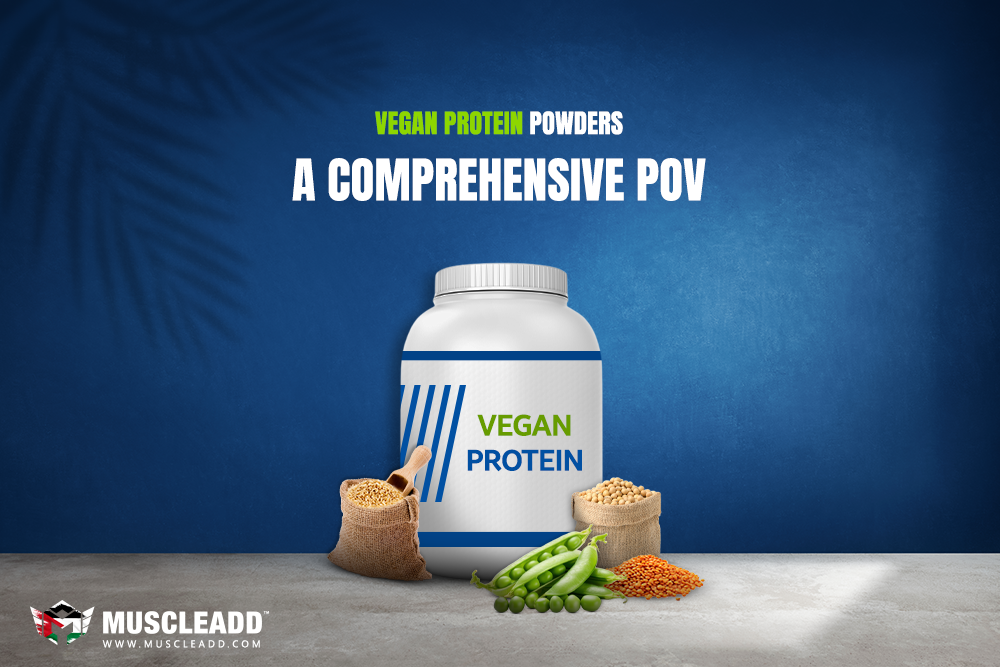
Plant-Based Protein Powders: A Comprehensive Guide
Protein is an essential nutrient that plays a vital role in maintaining healthy bones, muscles, and tissues. It also helps in repairing damaged cells and producing enzymes and hormones. While most people associate protein with animal sources, there are plenty of plant-based foods that are rich in protein. Plant-based protein powders are a convenient and easy way to boost your protein intake and enjoy a variety of other health benefits.
Why Choose Plant-Based Protein Powders?
Plant-based protein powders are an excellent choice for several reasons:
- They are a suitable option for individuals following a vegan or vegetarian diet, eliminating concerns about animal products.
- Plant-based proteins are generally easier to digest than animal-based proteins, making them suitable for people with sensitive stomachs or digestive issues.
- They offer a variety of nutrients, including vitamins, minerals, antioxidants, and fiber, providing additional health benefits beyond protein intake.
- Plant-based protein sources have a lower environmental impact compared to animal-based protein sources, promoting sustainability.
Types of Plant-Based Protein Powders
The market offers a wide range of plant-based protein powders derived from various sources:
- Soy Protein Powder: Soy is a complete protein, meaning it contains all nine essential amino acids. It is also a good source of iron and calcium.
- Pea Protein Powder: Pea protein is another complete protein and is hypoallergenic, making it suitable for people with allergies.
- Brown Rice Protein Powder: Brown rice protein is a good source of fiber and is easily digestible. It is not a complete protein but can be combined with other plant-based proteins to form a complete protein source.
Lentil Protein Powder: Lentil protein is a good source of fiber, iron, and potassium. It is not a complete protein but can be combined with other plant-based proteins to form a complete protein source
Choosing the Right Plant-Based Protein Powder
When selecting a plant-based protein powder, consider the following factors:
- Choose a powder with a high protein content, ideally providing at least 20 grams of protein per serving.
- Check the ingredient list to ensure the powder is made from whole, unprocessed plant-based sources and avoid artificial ingredients or added sugars.
- Choose a flavor that you enjoy, as you'll be more likely to consume it regularly.

Incorporating Plant-Based Protein Powders into Your Diet
Plant-based protein powders can be easily incorporated into your diet in various ways:
- Smoothies: Blend the powder with fruits, vegetables, and your favorite liquid for a nutritious and refreshing smoothie.
- Baked Goods: Add the powder to pancakes, muffins, or energy bars for an extra protein boost.
- Post-Workout Shakes: Mix the powder with water or milk for a quick and convenient post-workout recovery drink.
Conclusion
Plant-based protein powders offer a convenient and nutritious way to increase your protein intake and reap a variety of health benefits. With a wide range of options available, you can easily find a plant-based protein powder that suits your taste preferences and dietary needs. By incorporating plant-based protein powders into your diet, you can support your overall health and well-being.
